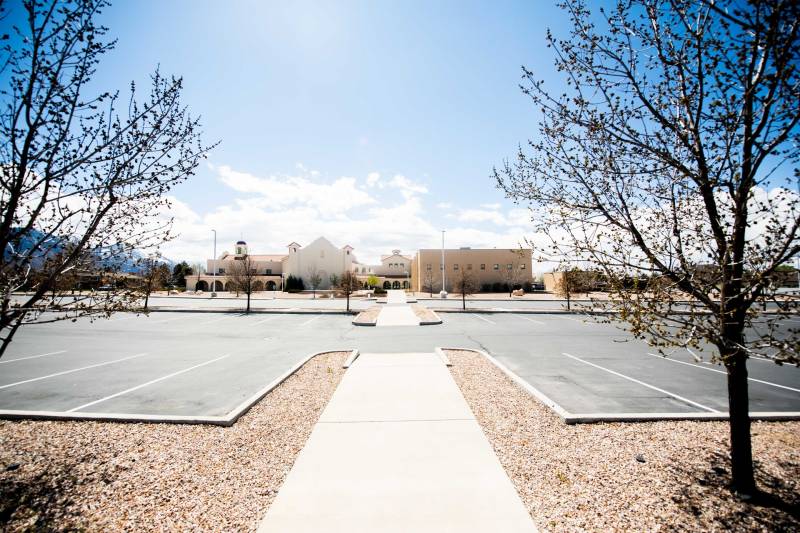“Just because we are religious communities, we aren’t immune,” Copeland said. “What a catastrophe it would be if any of our communities experienced an outbreak. In ours, an outbreak would be devastating.”
Copeland said the only path forward is to move toward re-opening slowly.
Places of worship may not have a choice about a more gradual re-opening. The guidelines issued by the California Department of Public Health gave individual counties the authority to decide whether religious gatherings in their jurisdictions can resume. Places of worship that get the go-ahead must limit attendance to 25% capacity or a maximum of 100 attendees — whichever is lower — for at least the first 21 days after reopening.
Bishop Bob Jackson, with the ACTS Full Gospel Church, said he has mixed emotions around what he’s hearing from federal, state and county officials, as well as his denomination’s leaders.
“I had mixed emotions concerning the dictates that we were getting from the president, from the governor, from the county, and also from my presiding bishop that’s over our denomination,” Jackson said. “And so all four of them are saying different things, so it’s kind of hard to comply with one and not be in trouble with the other one.”
Jackson was among a group of church leaders who were demanding to be allowed to have in-person services on May 31, which is Pentecost, an important holiday some consider to be the birth of the Christian church. But Jackson said the leader of his denomination, the Church of God in Christ, said all churches within the group should remain closed through the end of June. Jackson said he will abide by that.
According to state rules, places of worship must come up with COVID-19 prevention plans, including screening workers and volunteers, and cleaning and disinfecting pews and lobbies. Religious leaders and volunteers are urged to wear gloves and to continue enforcing social distancing.
Hatem Bazian, chair of the nonprofit Northern California Islamic Council, a group representing 92 mosques in 10 Bay Area counties, said members of the organization want to take a cautious approach toward re-opening their doors for prayers and worshipers. Bazian said his organization’s members are worried about lacking the resources to implement all of the guidelines.
“Many of the mosques don’t have the supplies that are needed — from masks to disinfectants, to also dealing with the need to sanitize the areas after each of the prayers. Also training of the staff, we don’t have the thermometers,” he said.

